Table of content
With approx. 430 million people living with hearing loss, it is one of the most common diseases in the world. While numerous factors such as heavy medication, such as those of chemotherapy or pain killers, age, genetics, or sex may contribute. Research shows that diabetes increases the chances of your hearing loss. Let’s dive in diabetes and hearing loss.
Diabetes Causes Hearing Loss: How & What is the Probability
The problem is usually sensorineural (inner-ear/nerve related), not blocked-earwax or middle-ear fluid. Damage targets tiny blood vessels (microangiopathy) and hearing nerves (neuropathy).
Thus, diabetes can cause hearing loss. People with diabetes are about twice as likely to have hearing loss; even prediabetes raises risk. This pattern holds across large U.S. datasets and reviews.
- High blood Sugar Connection with Hearing Loss: High blood sugar or hyperglycemia injures inner-ear microvessels (tiny arteries) and neurons (nerve cells). Structures at risk include the stria vascularis (blood-supply tissue) and spiral ganglion (hearing-nerve hub). This results in weaker, distorted signals from ear to brain.
- Low blood sugar Connection with Hearing Loss: Low blood sugar or hypoglycemia, especially repeated lows—can disturb nerve signaling (abnormal firing), sometimes felt as ringing or dizziness. Stable glucose helps both ears and brain.
Can diabetes alone cause hearing loss?
While multiple factors matter, e.g., age, noise, blood pressure, lipids, and smoking. Diabetes itself is an independent risk factor in many analyses—meaning it can raise risk on its own.
The Science Behind the Link
Several studies have explored the relationship between diabetes and hearing loss:
- A 2015 study published in the Journal of Clinical Endocrinology & Metabolism found that individuals with diabetes had a 30% higher risk of hearing loss compared to non-diabetic participants.
- The study carried out by ADA (American Diabetes Association) indicates that patients with Type 1 and Type 2 diabetes have some risk, with Type 2 diabetes being more closely associated with sensorineural hearing loss.
- The mechanisms behind it can be mainly microvascular damage and neuropathy, which are comparable to other complications of diabetes such as retinopathy and nephropathy.
Note: About 40% of people with diabetes develop kidney disease, and studies show they have a 30% higher risk of hearing loss compared to non-diabetics. Managing glucose levels helps protect kidney function and preserve hearing health.
Symptoms of Hearing Loss in Diabetes
Following are some of the symptoms of hearing loss you may notice at your own. Whenever you notice any change in your health conditions, getting yourself tested is critical:
- Words sound muffled, especially in restaurants or crowds.
- “People mumble,” you ask for repeats.
- You miss high-pitched voices (children, birds).
- Tinnitus (ringing/buzzing) or imbalance (vestibular system = balance organs in the inner ear).
These are typical diabetes hearing loss symptoms and mirror age-related loss, but can start earlier in diabetes.
Want to prevent hearing loss?
If you are diabetic or even pre-diabetic, making informed decisions based on your blood sugar can help you manage your diabetes better and prevent linked diseases. With the help of a continuous glucose monitor, like Dexcom G7, you can monitor your glucose values 24/7 without even pricking your fingers.
Diabetic Ears Ringing (tinnitus) & dizziness
Tinnitus often rides along with sensorineural loss. In diabetes, it likely reflects the same vascular/nerve injury. Lows or rapid swings can aggravate it; low blood sugar and tinnitus is a recognized clinical complaint.
Diabetes raises risk for certain ear infections and slows healing, which can temporarily worsen hearing. Treat infections promptly and optimize glucose.
Did you know?
You may qualify not only for a CGM sensor but an automatic insulin delivery (AID) system as well. Get a quick benefits check with CGM Monitors today.
Hearing Loss in Diabetes Patients
Following are some of the research-based findings on diabetes and hearing loss. The key is to simply maintain your diabetes well and get an annual audiology test if you are diabetic:
| Topic | Key finding | Why it matters |
| Prevalence | Hearing loss ≈ 2× as common in diabetes (ADA). prediabetes ≈ 30% higher risk | Screen early—even before full diabetes. |
| Type of loss | Mainly sensorineural; often bilateral, high-frequency first | Points to small-vessel/nerve injury. |
| Mechanisms | Microangiopathy, neuropathy, oxidative stress, inflammation | Explains tinnitus and speech-in-noise trouble. |
| Glycemia | High and repeated lows harm signaling | Aim for steady ranges, not just lower A1C. |
| Screening | Annual audiology testing in diabetes | Early amplification preserves communication. |
Sudden sensorineural hearing loss is an emergency—seek care within 24–48 hours.
Prevent Hearing Loss in Diabetes
You can’t always reverse nerve damage, but you can lower risk and slow progression.
- Keep Glucose in Range: Stable glucose protects microvessels and nerves. Track Time-in-Range and reduce big swings.
- Control Cardiometabolic Partners: Optimize blood pressure, lipids, weight; stop smoking. These compound small-vessel damage.
- Protect from Noise: Concerts, power tools, and long headphone sessions need earplugs or volume limits. Take “quiet breaks.”
- Review Ototoxic Meds: Drugs that can injure hearing are known as ototoxic meds. Common examples may include aspirin, ibuprofen, and naproxen sodium; ask about alternatives.
- Treat Infections Fast: Don’t wait in case of ear pain, drainage, or fever.
- Hearing Aids: A hearing device can help you save from permanent hearing loss.
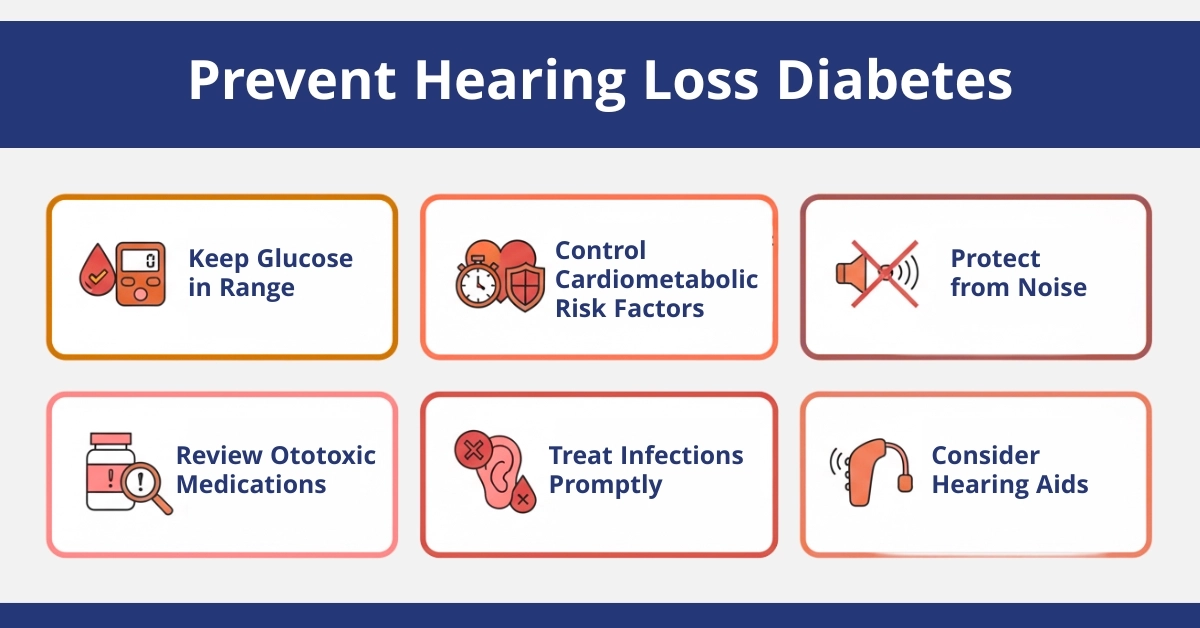
Simple Diabetic Ear-Care Routine
Following measures may help you
- Daily: Keep glucose steady; dry ears after showering; avoid cotton swabs; watch for discharge or pain.
- Monthly: Clean hearing-aid earmolds; change wax guards if you use devices.
- Annually: An ear examination and an audiology test should be performed upon your endocrinology visit.
Disclaimer: This blog is for informational purposes only and does not constitute medical, legal, or professional advice. While we strive for accuracy, errors or omissions may occur.
Some images in this blog may be AI-generated or for illustrative purposes only. Device images belong to their respective manufacturers and are used here for reference. Actual products may vary.
Frequently Asked Questions
Can hearing loss from diabetes be reversed?
Hearing loss caused by diabetes is usually permanent if it results from long-term nerve or blood vessel damage. However, early detection and good blood sugar control can help prevent further deterioration.
Can diabetes medication cause hearing loss?
While rare, some medications used for diabetes management may contribute to hearing changes. Consult your doctor if you notice sudden ringing, muffled hearing, or other auditory issues after starting a new medication.
Can high A1C cause tinnitus?
Yes. Poor blood sugar control, indicated by elevated A1C levels, can increase the risk of tinnitus (ringing in the ears) due to damage to nerves and tiny blood vessels in the inner ear.
Can diabetes make your ears feel clogged?
High blood sugar can affect fluid balance and blood flow in the inner ear, sometimes creating a sensation of fullness or clogged ears.
Can diabetes cause earache?
People with diabetes are more prone to infections, including ear infections, which can result in pain or discomfort. Poor glucose control can delay healing and worsen symptoms.
What are the signs of diabetes in the ears?
Common signs include gradual hearing loss, tinnitus (ringing), a feeling of fullness, and frequent ear infections. Any sudden or severe changes should be evaluated by a healthcare professional.
How to stop hearing loss from getting worse?
Maintain stable blood sugar levels, protect your ears from loud noise, treat infections promptly, and schedule regular hearing evaluations. Using hearing aids or other interventions can help preserve hearing and improve quality of life.

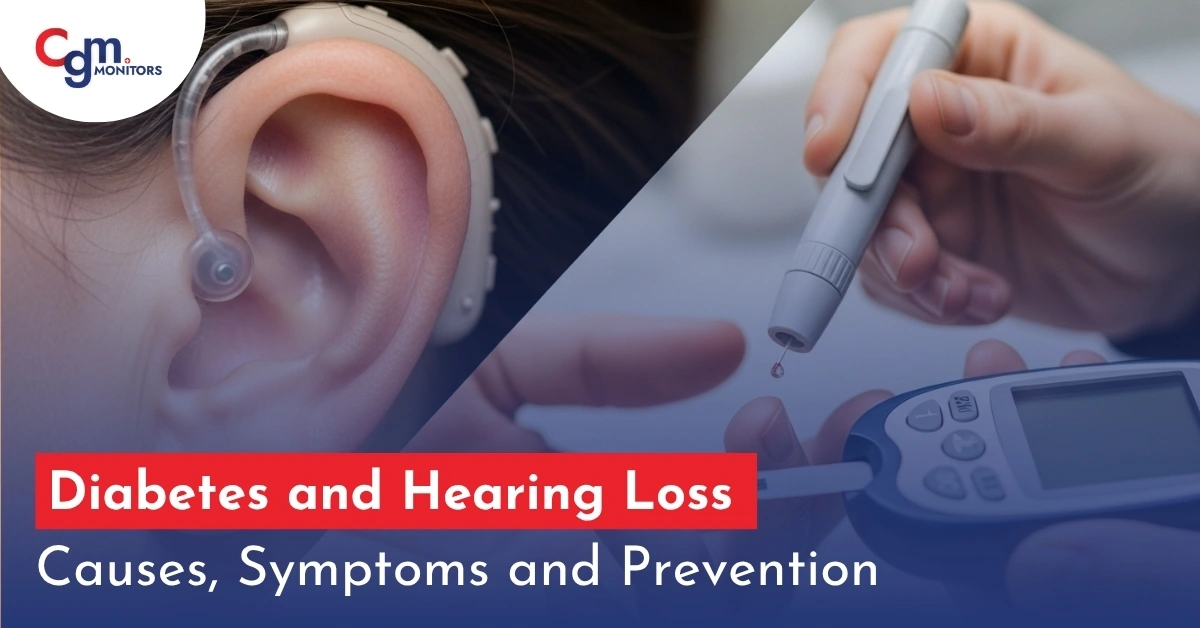
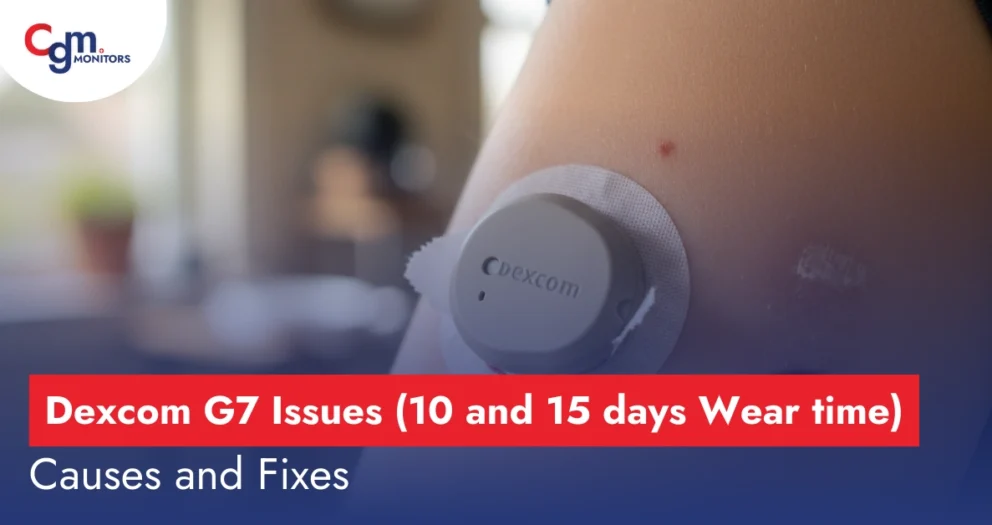
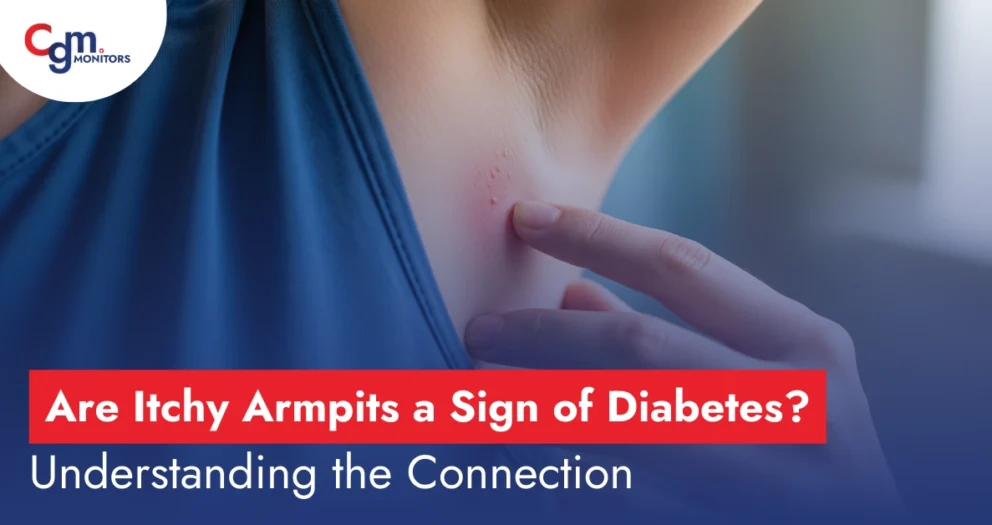
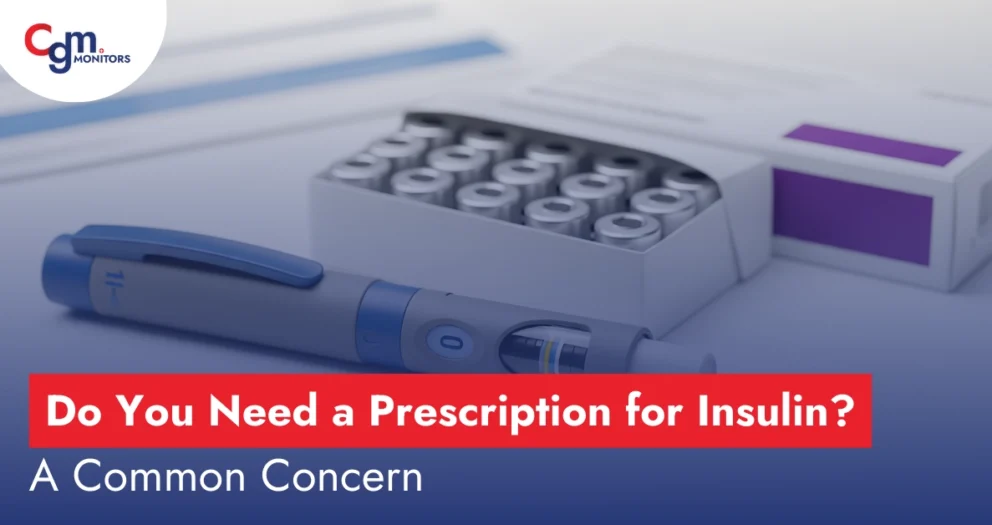
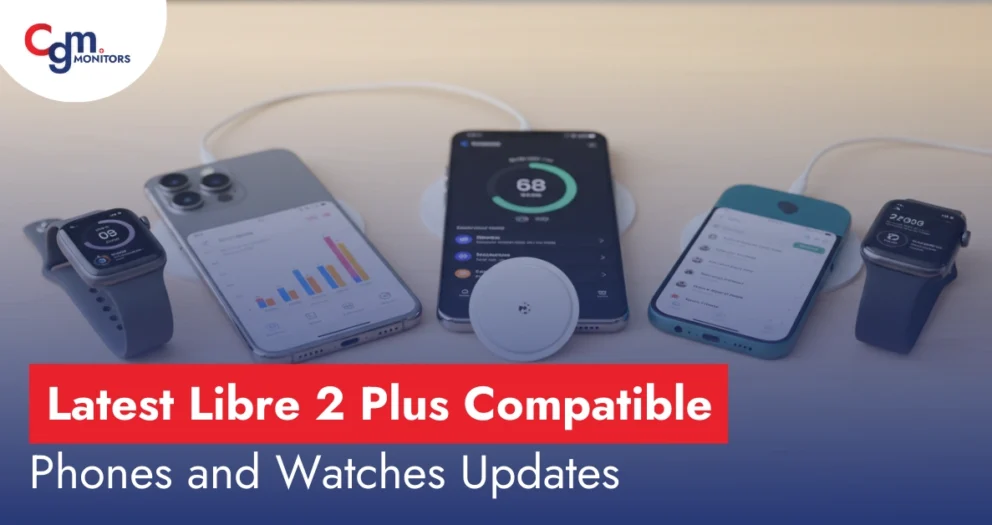

Write a comment
Your email address will not be published. All fields are required